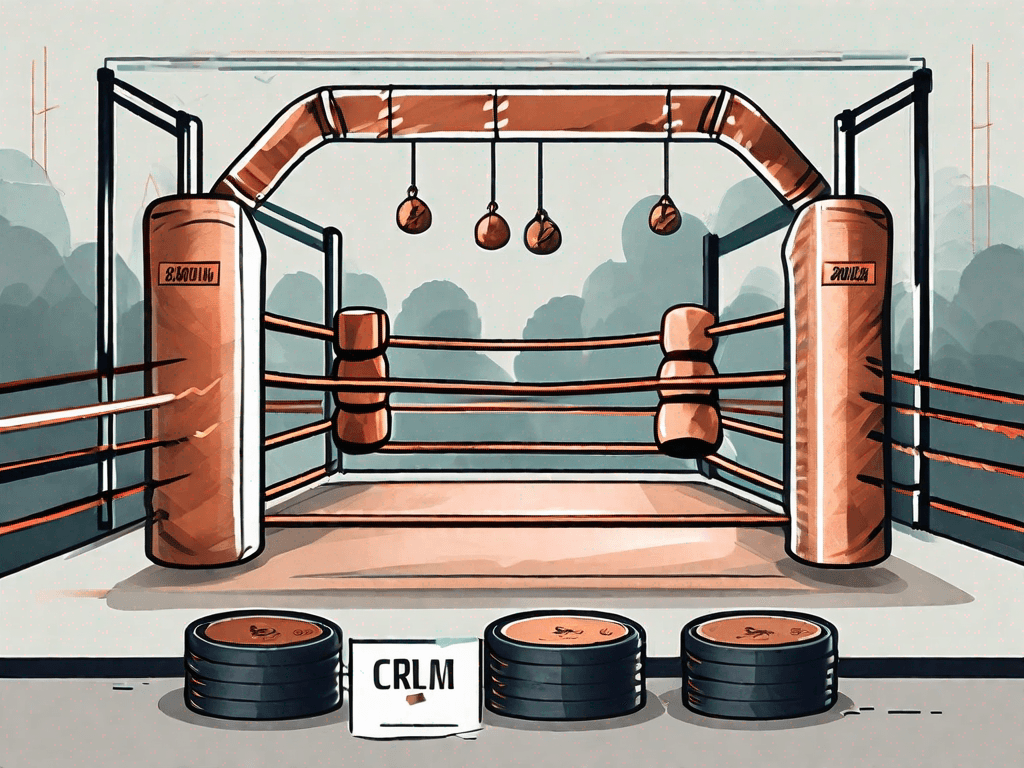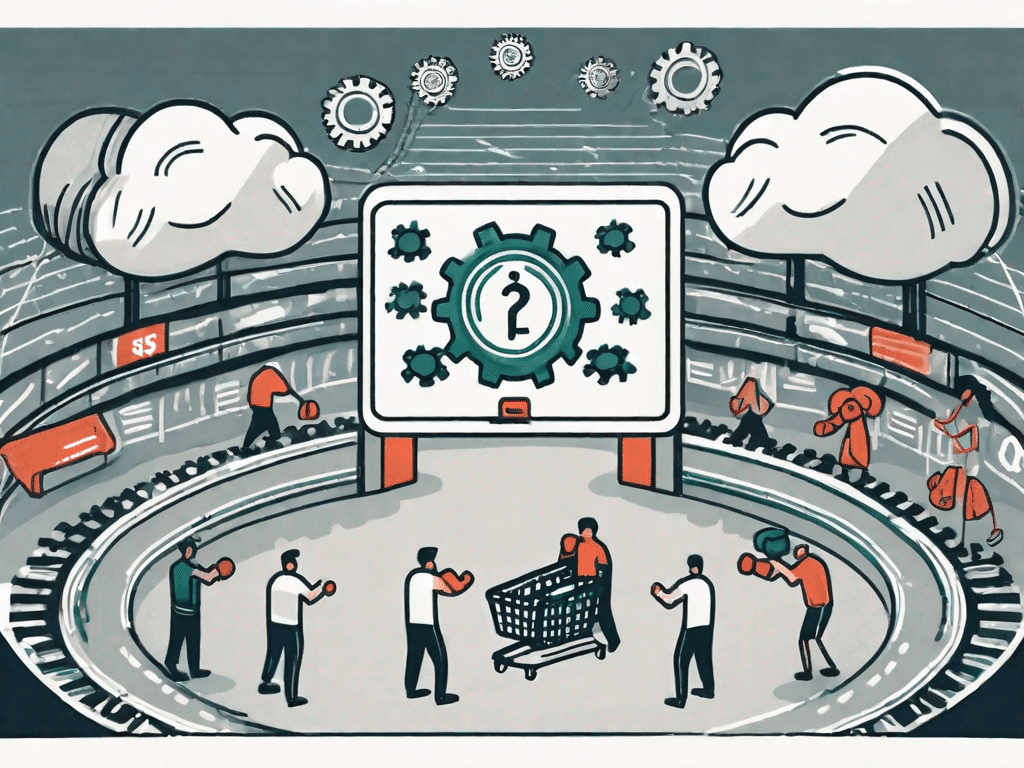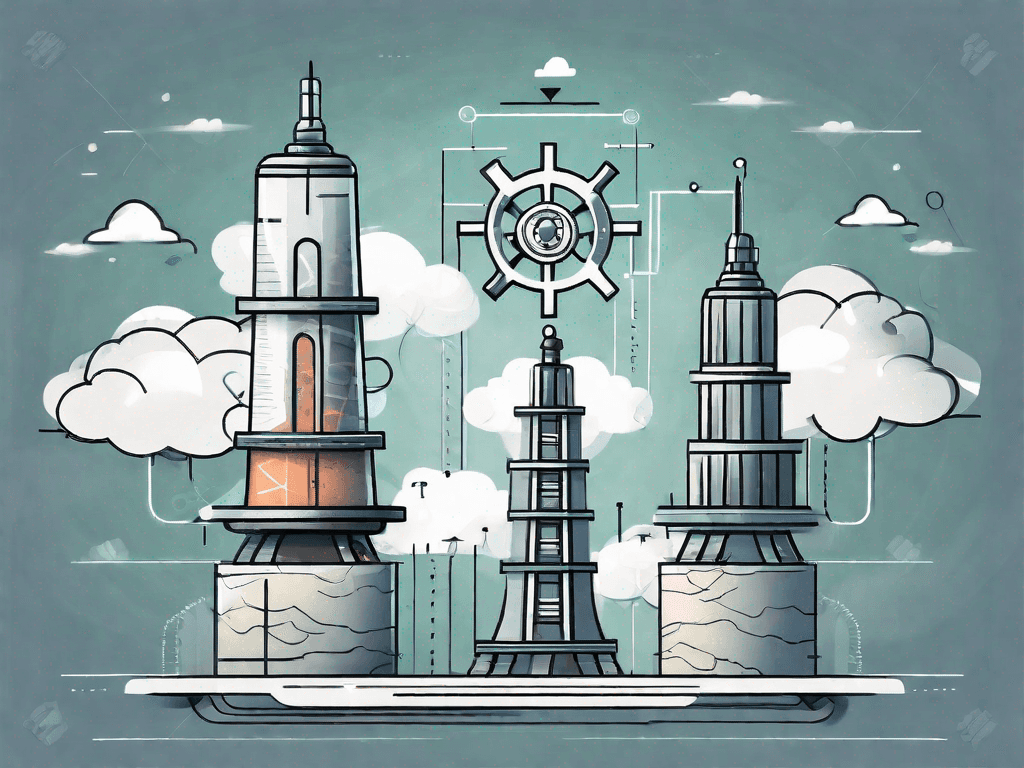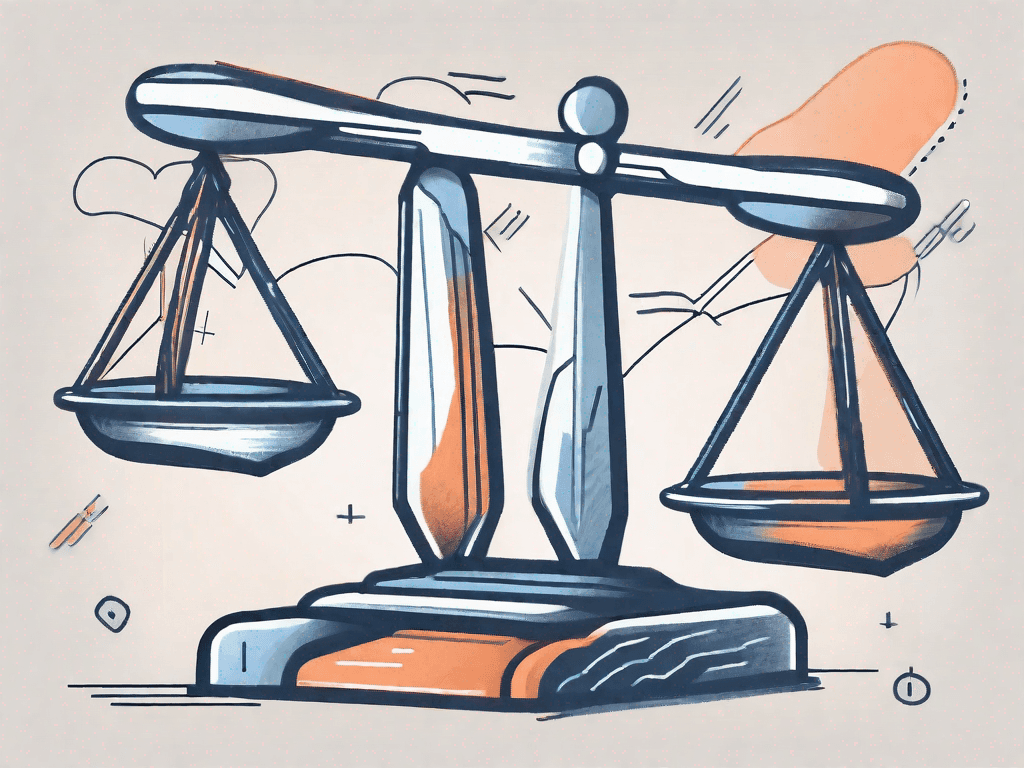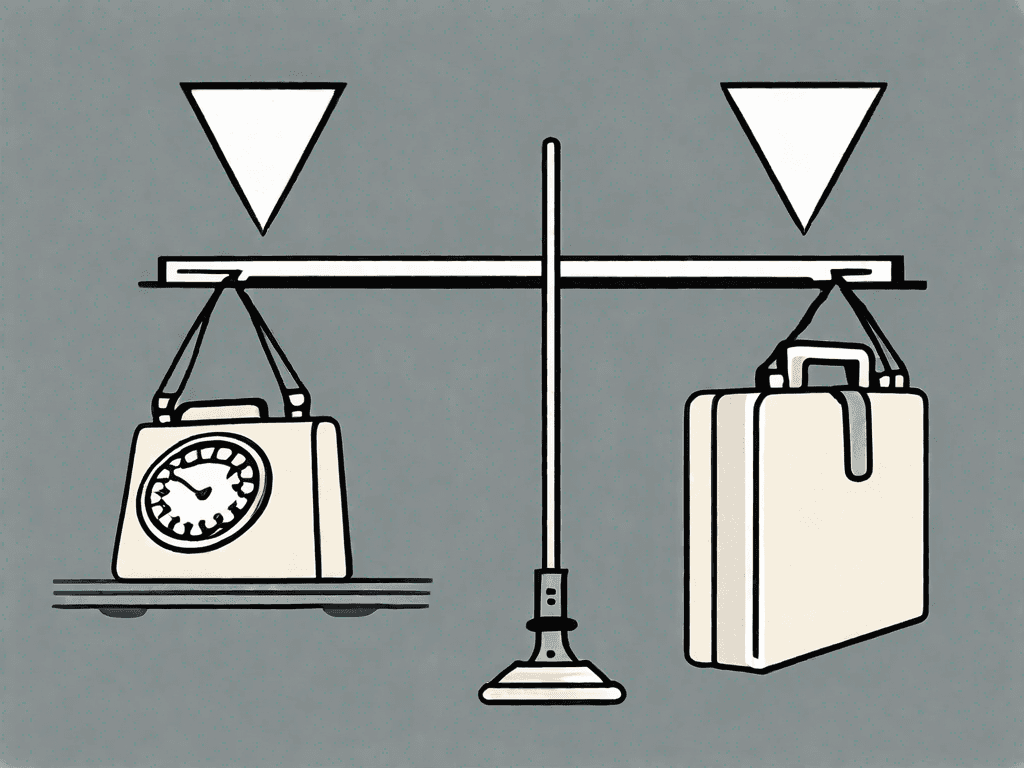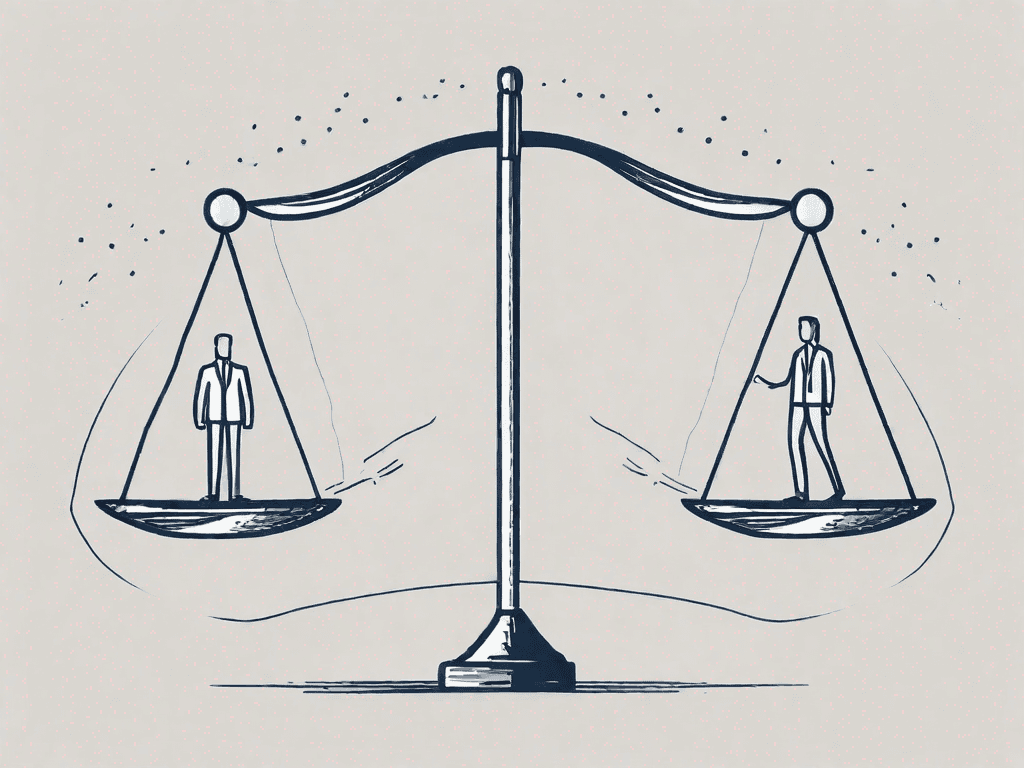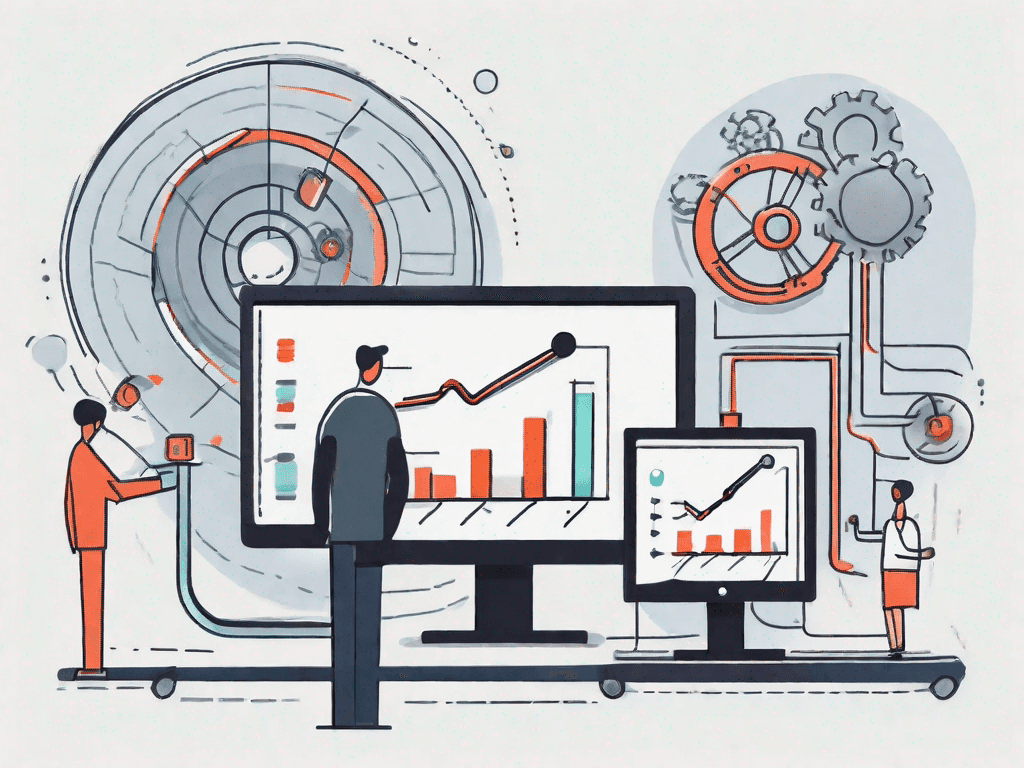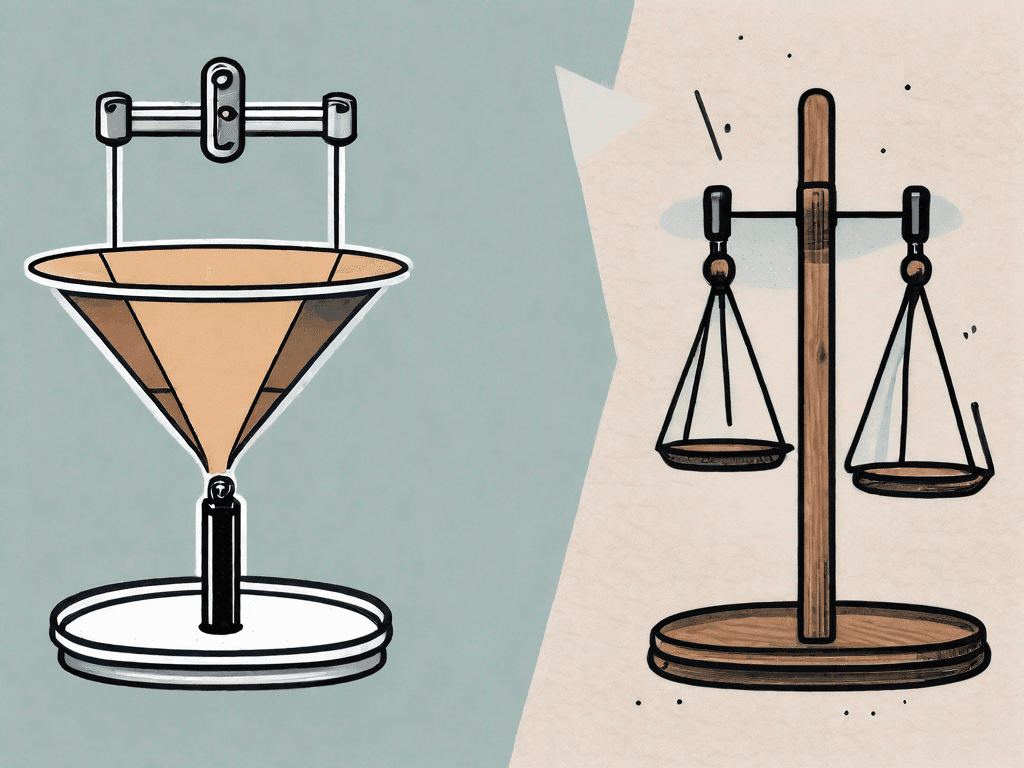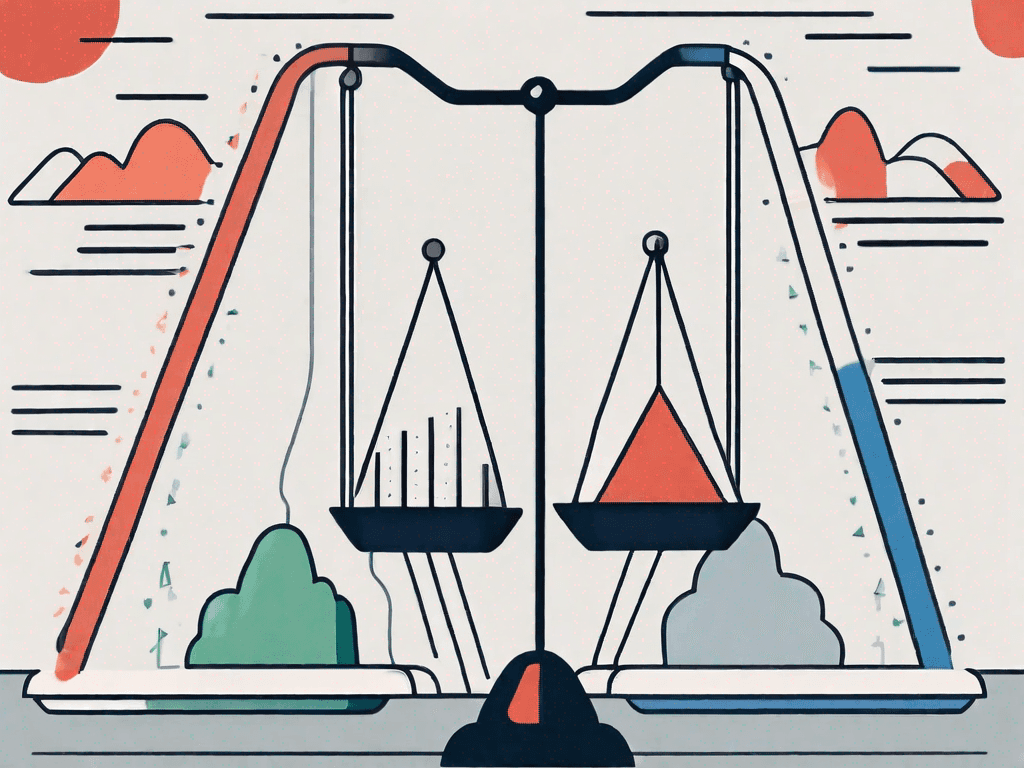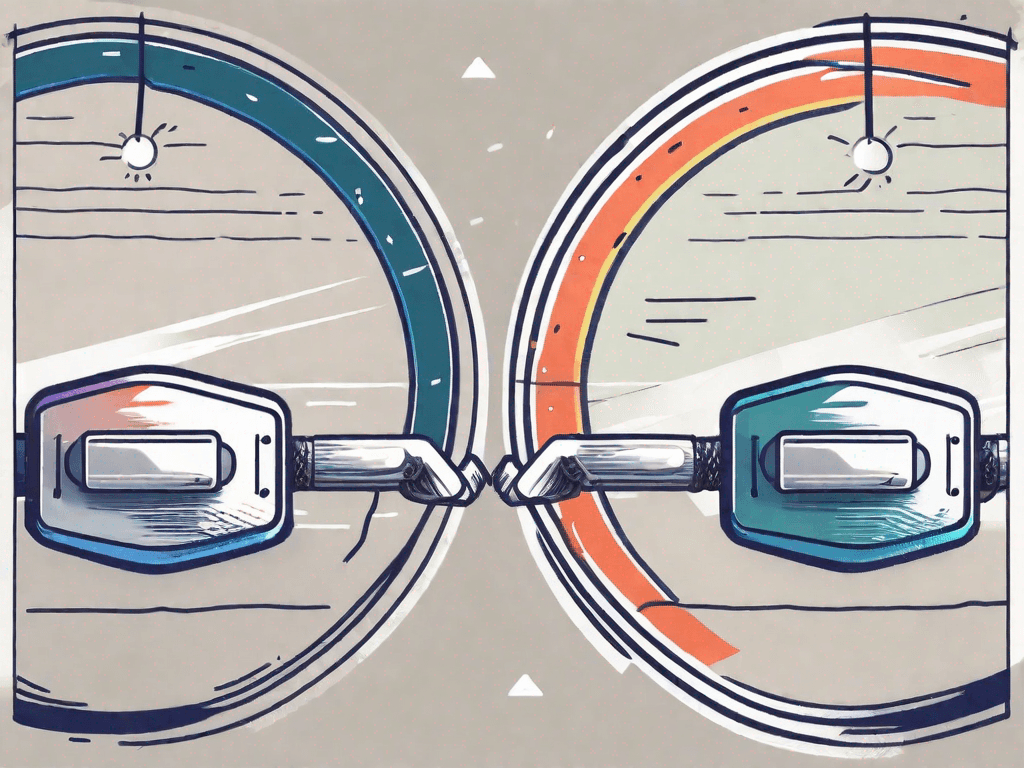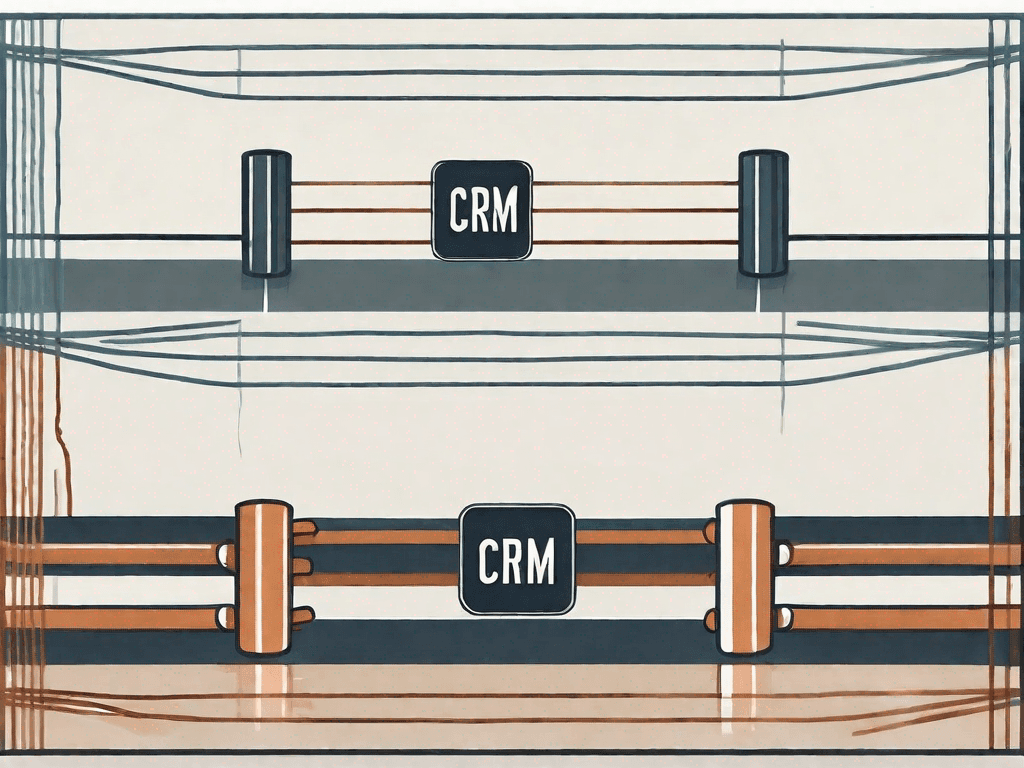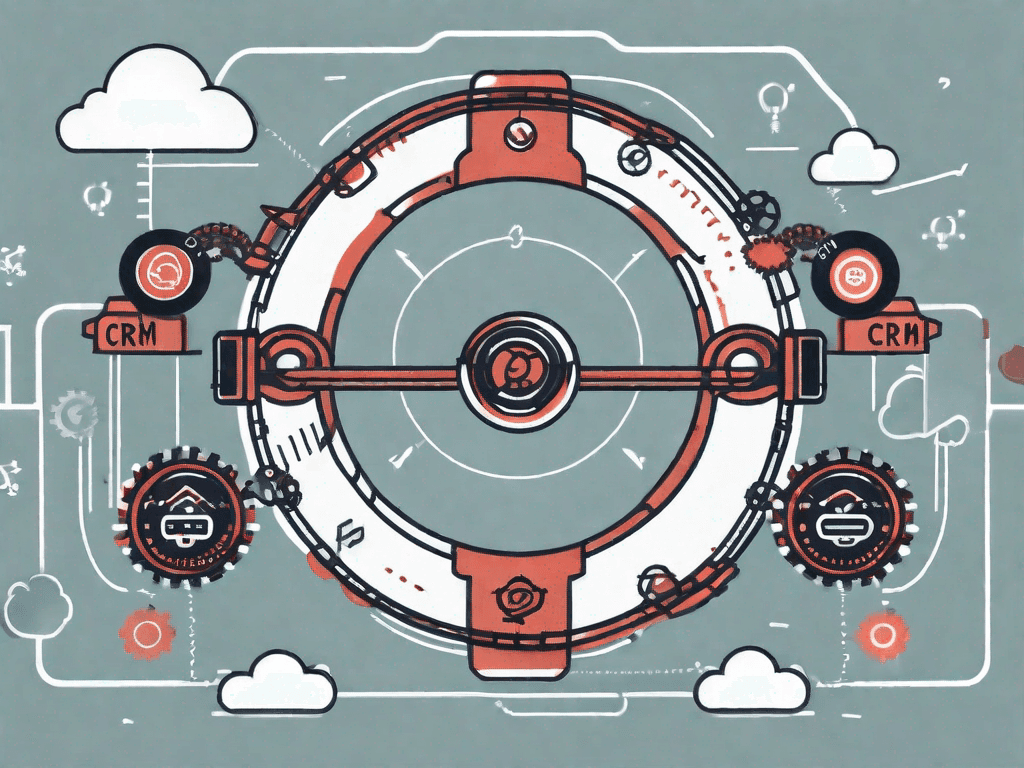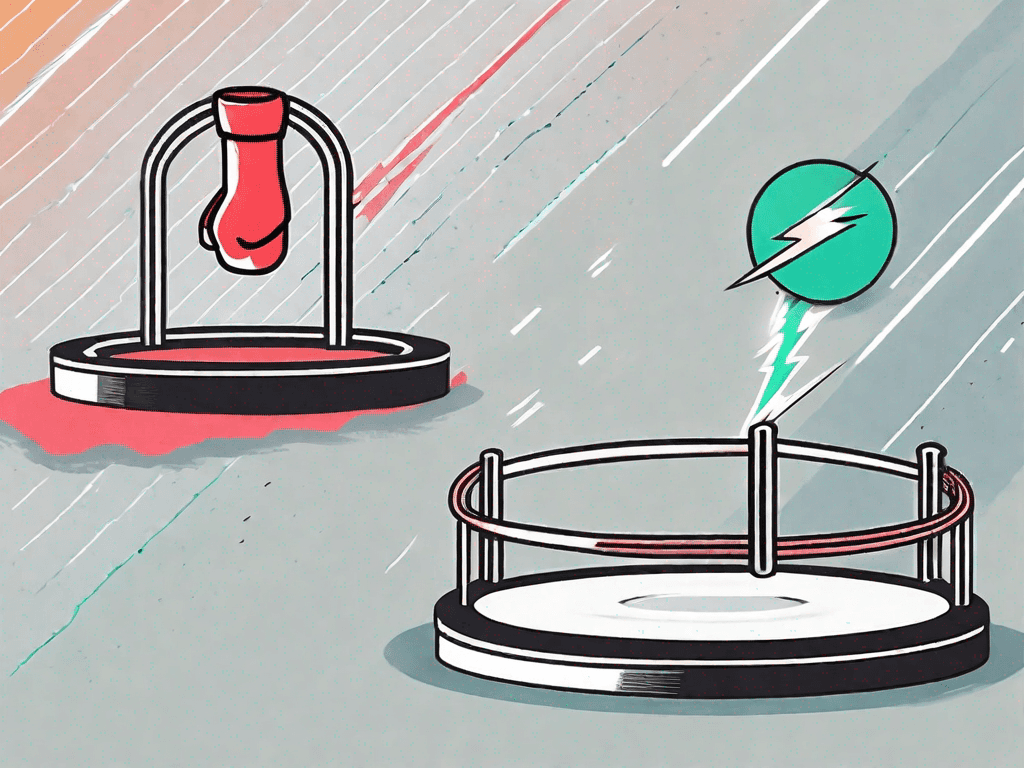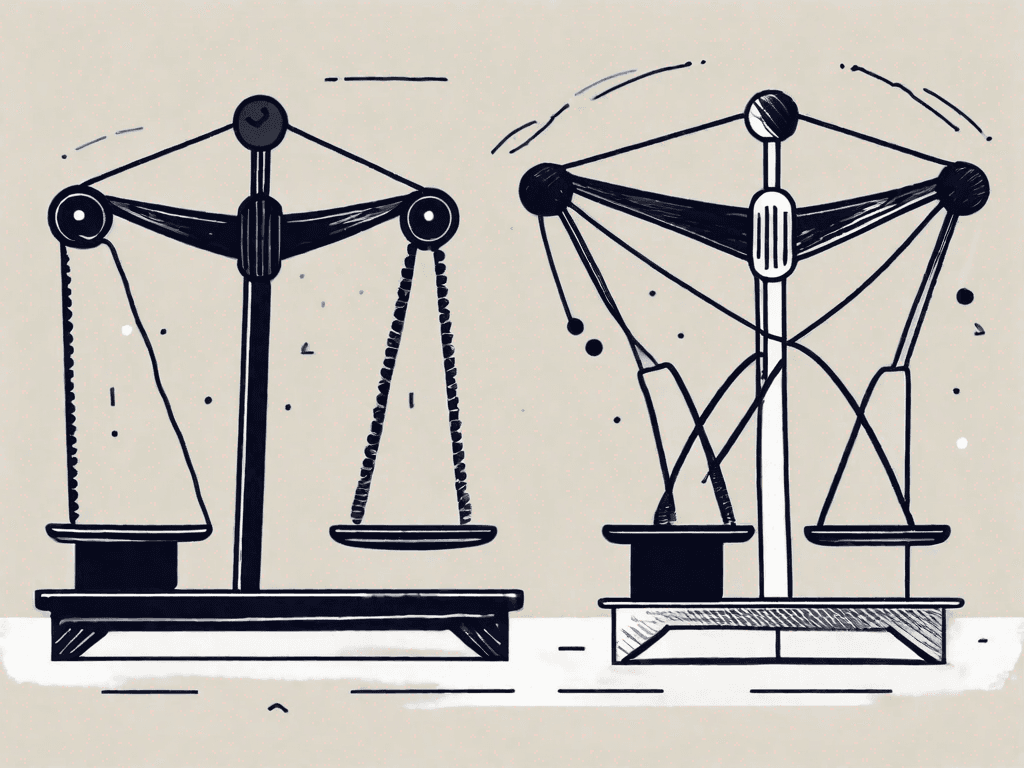
The Ideal Sales Pipeline Template for Consultants
In the world of consulting, having an effective sales pipeline is critical to success. A well-structured sales pipeline can help consultants streamline their processes, attract more clients, and ultimately grow their business. In this article, we will explore the ideal sales pipeline template for consultants and why it is essential for their success
The 7 Sales Pipeline Stages Consultants Should Have
Every consultant should have a well-defined sales pipeline consisting of seven key stages. These stages provide a roadmap for consultants to guide their potential clients from initial contact to successful project delivery. Let's take a closer look at each stage:
Prospecting: This stage involves identifying and qualifying potential clients who could benefit from your consulting services. It's important to conduct thorough research and prioritize leads based on their potential value.During the prospecting stage, consultants need to leverage various strategies to identify potential clients. This can include conducting market research, attending industry conferences, and networking with professionals in relevant fields. By thoroughly understanding the target market and its needs, consultants can effectively identify potential clients who are most likely to benefit from their expertise.
Initial Contact: Once you've identified promising leads, it's time to make the first contact. This could be through email, phone call, or attending industry events where you can network and introduce yourself to potential clients.The initial contact stage is crucial for consultants to establish a connection with potential clients. It's important to craft personalized and compelling messages that highlight the value you can bring to their business. By showcasing your expertise and understanding of their specific challenges, you can grab their attention and increase the likelihood of further engagement.
Needs Assessment: At this stage, you need to understand the specific challenges and goals of your potential clients. Conduct meetings and gather information to determine how your consulting services can address their needs.During the needs assessment stage, consultants should actively listen to their potential clients and ask probing questions to uncover their pain points and goals. By conducting thorough needs assessments, consultants can tailor their solutions to meet the unique requirements of each client. This stage is crucial for building trust and establishing credibility with potential clients.
Proposal and Negotiation: Based on the information gathered during the needs assessment, develop a tailored proposal outlining the scope of work, timeline, and pricing. Negotiate with the client to reach a mutually agreeable agreement.The proposal and negotiation stage is where consultants showcase their expertise and present a compelling solution to their potential clients. Consultants should clearly outline the scope of work, deliverables, and timelines in their proposals. Effective negotiation skills are essential during this stage to ensure a win-win situation for both parties involved.
Closing the Deal: Once the proposal is accepted and the terms are agreed upon, it's time to close the deal and secure the project. This involves signing contracts and establishing clear expectations for both parties.Closing the deal is an exciting stage for consultants as it marks the official start of the project. It's important to ensure that all necessary legal documents are in place, such as contracts and non-disclosure agreements. Clear communication and setting expectations are vital to avoid any misunderstandings and ensure a smooth project execution.
Project Delivery: After the deal is closed, it's time to put your expertise to work. Execute the project according to the agreed-upon terms, ensuring that you meet or exceed client expectations.The project delivery stage is where consultants showcase their skills and deliver on their promises. It's crucial to have a well-defined project plan and effective project management practices in place to ensure timely and successful project completion. Regular communication with the client and proactive problem-solving are essential to address any challenges that may arise during the project.
Follow-up and Referrals: The final stage involves nurturing the relationship with your client. Follow up after project completion, gather feedback, and leverage satisfied clients to generate referrals and new business opportunities.After completing a project, consultants should follow up with their clients to ensure satisfaction and gather feedback. This feedback can be used to improve future projects and strengthen the consultant-client relationship. Additionally, satisfied clients can become valuable advocates who can provide referrals and recommend the consultant's services to their network, leading to new business opportunities.
Example of the Customer Journey in a Sales Pipeline for Consultants Step-by-Step
Let's walk through a step-by-step example of how the customer journey unfolds in a sales pipeline for consultants:
A potential client attends a conference where they learn about your consulting services.At the conference, the potential client is surrounded by industry professionals, eager to learn about the latest trends and solutions. As they browse through the various booths and presentations, they stumble upon your consulting services. Intrigued by the promises of expertise and guidance, they take a closer look at what you have to offer.
You exchange business cards and schedule a follow-up call to discuss their specific needs.After a brief conversation about their pain points, you exchange business cards, signaling the start of a potential business relationship. Both parties recognize the value in further exploring the client's specific needs, and a follow-up call is scheduled to delve deeper into their challenges and goals.
During the call, you conduct a thorough needs assessment, uncovering their pain points and goals.The follow-up call serves as an opportunity for you to conduct a thorough needs assessment. Through active listening and insightful questioning, you uncover the client's pain points and goals. By understanding their unique challenges, you can tailor your consulting services to address their specific needs.
Based on the information gathered, you create a detailed proposal outlining the scope of work, timeline, and pricing.Armed with a comprehensive understanding of the client's needs, you meticulously craft a detailed proposal. This proposal outlines the scope of work, including the specific tasks and deliverables, as well as a realistic timeline for completion. Additionally, you provide a transparent breakdown of the pricing structure, ensuring the client understands the value they will receive.
You negotiate with the client, addressing any concerns or questions they may have.As with any business agreement, negotiations are a crucial step in the sales pipeline. You engage in open and honest discussions with the client, addressing any concerns or questions they may have. By actively listening and finding mutually beneficial solutions, you ensure that both parties are satisfied with the terms of the agreement.
The client accepts the proposal, and you formalize the agreement by signing contracts.After careful consideration, the client accepts your proposal, recognizing the value and expertise you bring to the table. To formalize the agreement, both parties sign contracts, solidifying the commitment to work together towards achieving the client's goals.
You commence the project, keeping the client regularly updated on the progress.With the agreement in place, it's time to kickstart the project. You diligently work on the tasks outlined in the proposal, ensuring that the client's expectations are met or exceeded. Throughout the project, you maintain open lines of communication, providing regular updates to the client, keeping them informed of the progress being made.
Once the project is successfully delivered, you follow up with the client to ensure their satisfaction.Upon completion of the project, you take the time to follow up with the client. This step is crucial in ensuring their satisfaction and addressing any final concerns or questions they may have. By actively seeking feedback, you demonstrate your commitment to continuous improvement and client satisfaction.
You ask for a testimonial and seek referrals from the client.As a final step in the customer journey, you kindly request a testimonial from the client. Their positive feedback serves as a valuable asset in building credibility and attracting future clients. Additionally, you explore the possibility of seeking referrals from the client, leveraging their network to expand your reach and connect with new potential clients.
Why Consultants need this Sales Pipeline Template?
Consultants can greatly benefit from utilizing a well-designed sales pipeline template. Here are a few reasons why:
1. You'll save time providing expert advice as Consultants.
A structured sales pipeline enables consultants to streamline their processes and efficiently manage their time. With a clear roadmap in place, consultants can focus on delivering expert advice to their clients without getting overwhelmed by administrative tasks.
Furthermore, by having a standardized pipeline template, consultants can easily delegate certain tasks to members of their team, freeing up time for more strategic and high-value work.
2. You'll grow revenues faster by building a strong personal brand.
Having a sales pipeline template allows consultants to maintain consistent branding throughout the entire customer journey. By delivering a seamless and professional experience at each stage, consultants can build trust and credibility with their clients.
Additionally, a well-structured sales pipeline encourages consultants to nurture relationships with past clients and leverage their satisfied customers for testimonials and referrals. These referrals, along with a strong personal brand, can lead to a steady stream of new business opportunities and faster revenue growth.
In conclusion, an ideal sales pipeline template is crucial for consultants to effectively manage their client acquisition and delivery processes. By implementing a structured sales pipeline, consultants can save time, deliver high-quality services, and grow their business through a strong personal brand. Embracing this template will undoubtedly benefit any consultant looking to achieve success in their field.











![The 8 Best Social CRM Software in 2025 [Comparison]](https://framerusercontent.com/images/RYHyYapdgIi83BEWtMdX418.png)
![The 6 Best LinkedIn CRM in 2025 [Comparison]](https://framerusercontent.com/images/Luywfni7ZKjb19yghbhNPy4I4qQ.png)



![The 5 Best Twitter CRM [Comparison]](https://framerusercontent.com/images/EWcbvYnVZglJLO8jp3OlHkTvsHo.png)
































































































































































